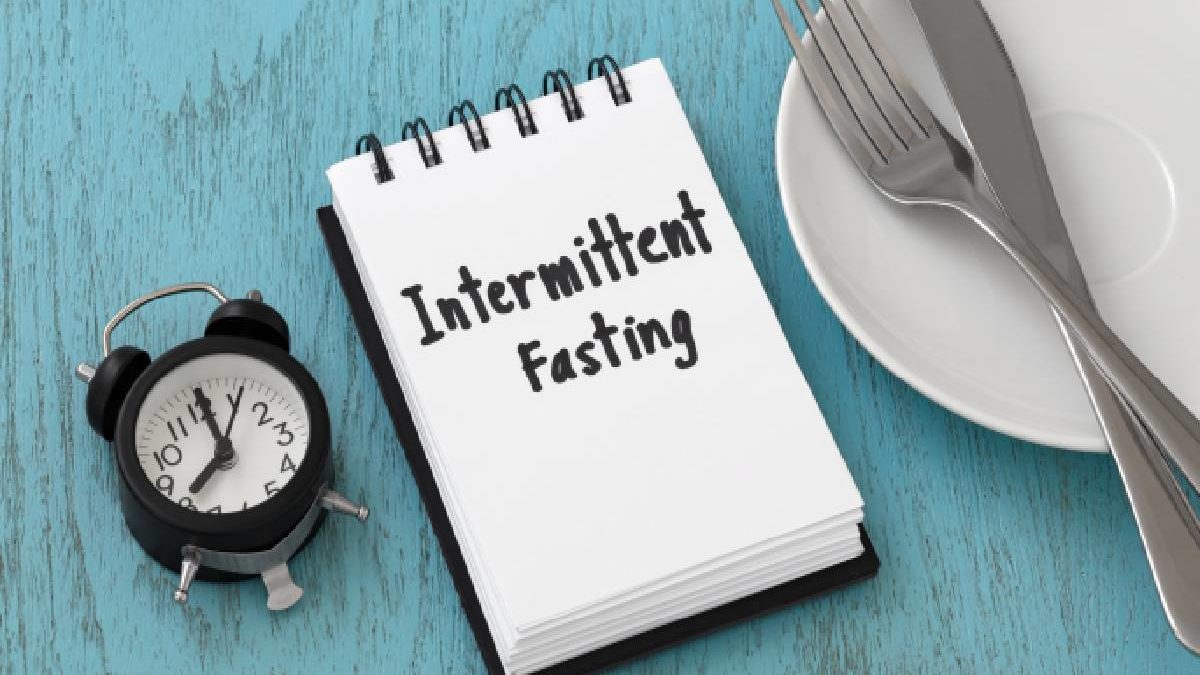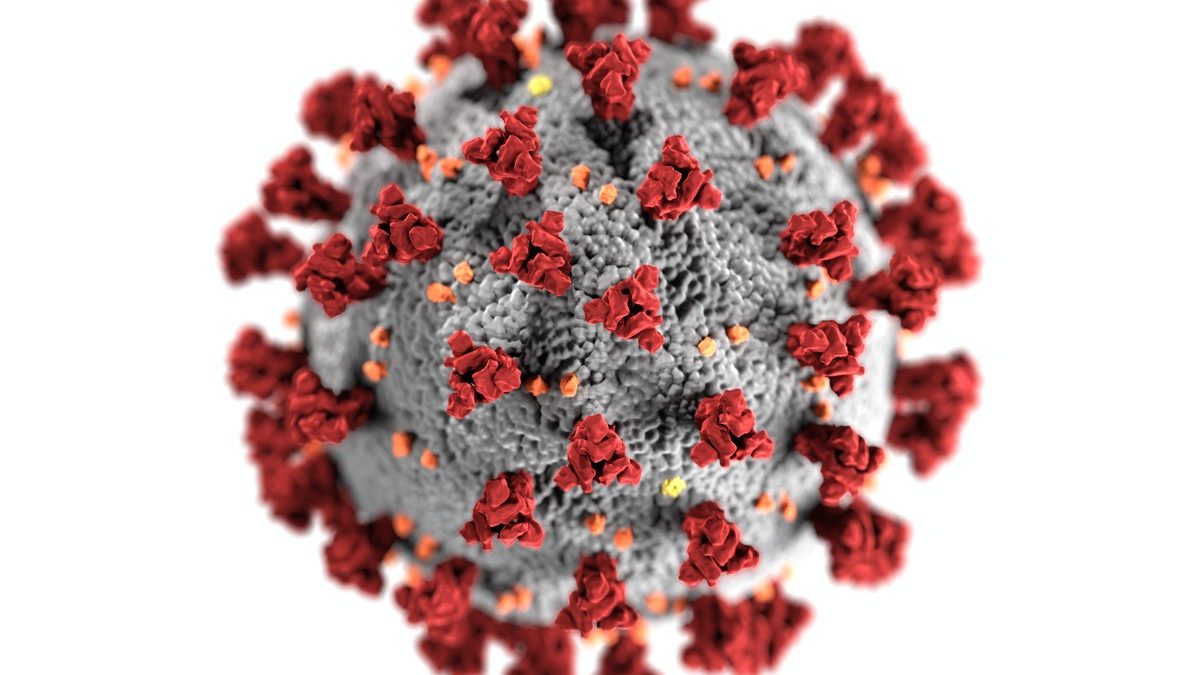
Intermittent Fasting is an effective weight loss plan. Intermittent fasting can be done in many different ways. Intermittent fasting is not a one-size-fits all approach. You may need to experiment to find the style that works best for you depending on your lifestyle, and how you react to fasting. Here are some important facts about intermittent fasting.

5:2 Diet Plan
The 5:2 plan is an intermittent fasting style where you eat healthy portions 5 days a week. On the other two days, you limit your calorie intake to 500-600 calories. By eliminating days of calorie consumption, you can start the autophagy process. This is the way to achieve the healthy weight loss you want.
Eat Stop Eat Plan
The Eat Stop Eat method of intermittent fasting is a 24-hour fast that can be performed once or twice per week. If you fasted from Tuesday dinner to Wednesday dinner, then you will have completed the 24-hour period. You can drink coffee and water during the fasting hours, but you should avoid solids. When you are allowed to eat, make sure that you eat healthy snacks and don’t overindulge. Some people may find this 24-hour diet difficult to start with. Start by fasting between 14 and 16 hours, then gradually increase the time to 24 hours.
Alternate day fasting
You will fast every alternate day. This is not a strategy for beginners as it can lead to excessive hunger. You will go to bed hungry some nights if you eat every other day.
Warrior Diet
The warrior diet involves eating small portions of raw fruit and vegetables throughout the day and a large meal at night. The four-hour window allows you to eat unprocessed food. It is counterproductive to eat unhealthy foods which do not help you lose weight.
Spontaneous meal skipping
You can do intermittent fasting in a non-structured way. You can skip meals when you’re not in the mood to eat or cook. The times that people eat and fast will vary. However, this style is not recommended for those with eating disorders. When you are hungry, don’t compromise on your diet. You will lose weight through intermittent fasting if you eat healthy.
Foods that you can eat during an intermittent fast
You can either succeed or fail in your weight loss journey depending on the hours you are allowed to eat. It is essential to drink at least eight cups of water throughout your fast. Your body will rely on sugars in your liver to sustain you during the hours when you are fasting. Dehydration is the result. For a successful diet, you must be conscious of your hydration.
When on a diet, it is a common misconception that carbohydrates should be avoided. It’s not a question of whether you should eat carbohydrates or not. Whole-grain foods like crackers, bagels and bread are easy to digest and provide fuel for the body.
The body needs high-fibre foods like lentils and raspberries. It is important to maintain a healthy weight and avoid losing any essential nutrients. Protein is also essential, which can be found in the form of potatoes, humus and soybeans.
Some people like to take vitamins to ensure that they get all of the nutrients required. You can make smoothies if you prefer not to take supplements, or if you want a fun way to fast.
Conclusion
Talk to your doctor about your health before you start intermittent fasting. You can also get more information about foods. You need to know which foods you should avoid and which you should consume. Remember that no one style of intermittent fasting works for everyone. It’s up to you to find out what works best for you. It will depend on your lifestyle. Remember that only the hours you spend eating will give you the desired results. Binge-eating unhealthy, processed foods will not bring you the results that you expect and will make hours spent without eating irrelevant.







